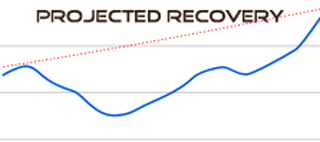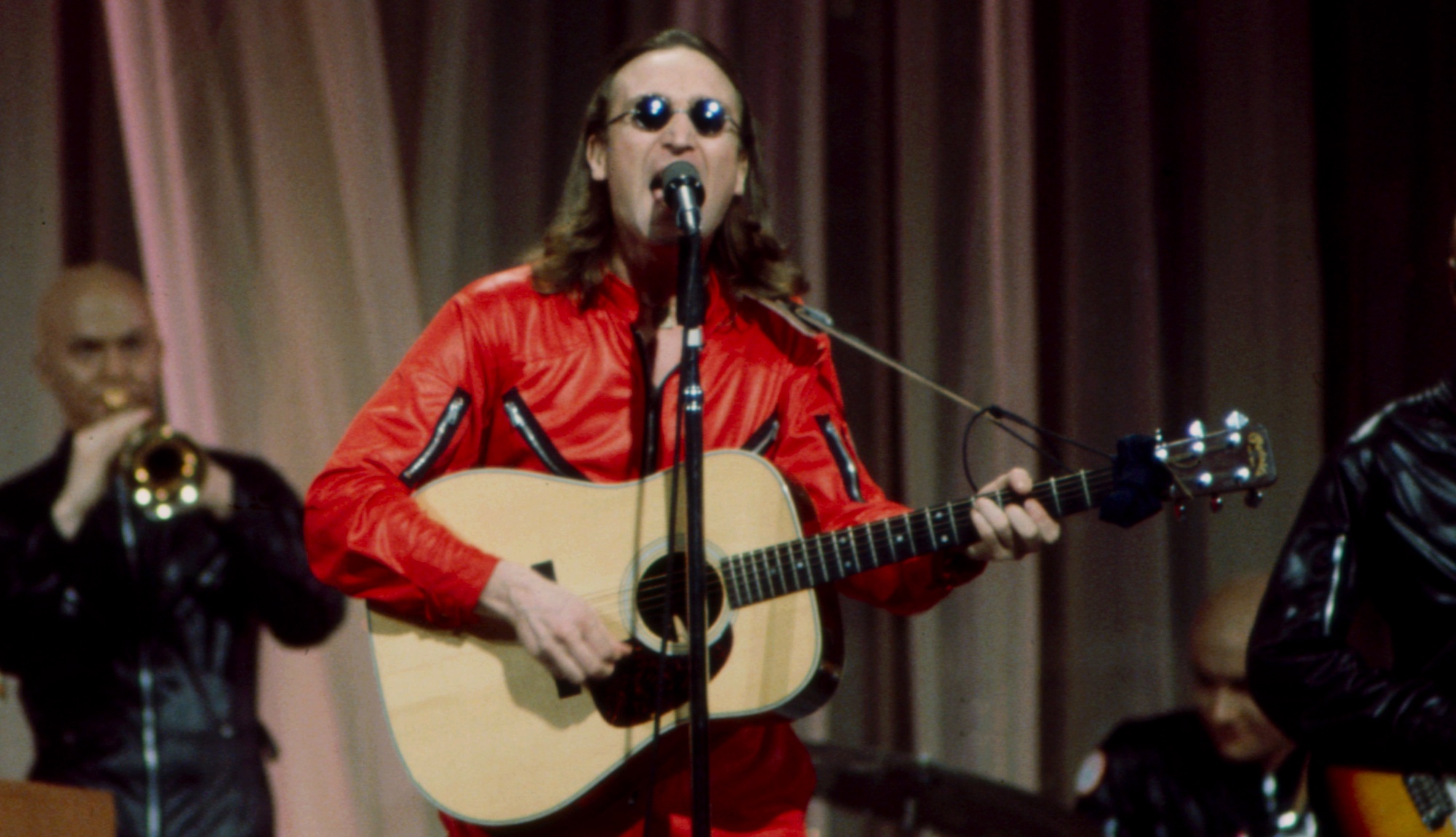Something Guitarists Can Learn from Drummers: The Art of Recovery
All the latest guitar news, interviews, lessons, reviews, deals and more, direct to your inbox!
You are now subscribed
Your newsletter sign-up was successful

Let's talk about the art of recovery.
The standard street definition of recovery is gaining possession of something that, for one reason or another, you've lost. It can be anything: your health, money, love, etc. The idea of recovery is the old adage, "If at first you don't succeed, try, try again."
I'd like to break it down a little further, as it seems even success requires recovery.
I started out as a drummer. I've played the drums since I was 11 and still play often today, although the guitar has certainly become a huge part of my life. However, the physical concepts I learned as a drummer—when I apply them to other instruments—point to having a great concept of "recovery."
It all comes down to one day at band camp. I was in the drum line, and we were learning "upstrokes." Many guitarists might not know what an upstroke is, but it's simple; it's where you focus on the most efficient way to simply get the drumstick away from the drumhead so you can hit it again. It's all wrists and forearms, and it takes some time to get the hang of.
Usually when drummers are learning upstrokes, they will practice it with a metronome, say, 10 minutes a day for a week straight, and then you've got it and it's part of the way you operate drumsticks. So my question was, why don't guitarists do this? As a drummer, I would learn to practice every move in time with a metronome, whether it was hitting the drum or getting away from the drum to hit it again. Why didn't guitarists do this?
Let's say you're practicing something—say, the solo to your favorite song—and there's a part that's too advanced for you. Everyone says, "Slow it down, blah blah blah." It's totally true; however, in my mind, that's only part of the answer. The reason you're slowing it down is to practice the way you recover. One's focus is often on the next note—"Gotta get there!" But how often do you practice how you get there? One note is success, but how are you holding that note and getting to the next one, changing positions, etc.?
All the latest guitar news, interviews, lessons, reviews, deals and more, direct to your inbox!
Let's use the most basic picking exercise as an example—alternate picking on a single open string. Regular old up-down, up-down stuff. Turn that metronome on; slow, of course, and play along with it until you are so locked in that you cannot hear the clicks. Now stop focusing on getting to the note on time, and start focusing on how smoothly your motions are in between the notes.
When you are done with that downstroke, are you turning around for the upstroke exactly halfway through the beat? When you get this far, speed up a little and repeat. Once you get there at a slightly faster tempo, your recovery has to happen at a slightly faster place.
Recovery: It's not just a Monster drink anymore!
Have a great week of music!
David Scott Rockower is a multi-instrumentalist, songwriter, producer and guitar teacher based out of the capital region of New York state. His newest original project, "The Duke Western," where he self-produces and performs all the instruments and engineers his own songs, has had success in its short life so far, having songs licensed to MTV, E! Networks, Tiptown Publishing, regional airplay and more. Projects Rockower has produced have been featured on PBS, Kia Motors, Paia Pictures and have recieved hours of airplay or web-play. He teaches around 30 guitar students per week, and performs more than 140 shows per year in different groups all over the Northeast. Check out thedukewestern.com for contact and more info!
